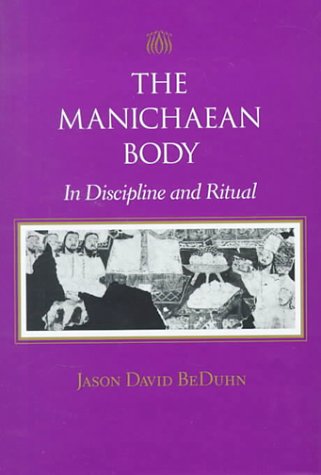Extinct since the 14th century, the ancient religion knowna as Manichaeism once extended from western Europe to China. No religious group posed as serious a threat to emerging Christianity as the Manichaeans, whose very name became a generic term for "heretic". Scholars have previously emphasized the Manichaeans' beliefs and myths. The author of this work shifts the focus to the Manichaeans themselves asking how members of this once-flourishing religious community practiced their beliefs on a day-to-day basis. Reconstructing Manichaesim from scraps of ancient texts and the ungenerous polemic of its enemies (such as the ex-Manichaean Augustine of Hippo), Jason David BeDuhn reveals the religion as it was actually practiced. He describes the Manichaeans' daily ritual meal, their stringent disciplinary codes (intended to prevent humans from harming plants and animals), and their surprising religious procedures designed to transform the cosmos and bring about the salvation of all living beings.
Aiming to overturn many long-held assumptions about dualism, asceticism, spirituality and the pursuit of salvation, the text looks again at how we view ancient religion and the environment in which Christianity arose. BeDhun's conclusions alter understanding of the Manichaeans by distinguishing them from Gnostics and other early Christian heretics, and revealing them to be practitioners of a unique world religion. Along the way, he argues for the priority of practice over doctrine in determining religious identity, raises questions about the modern methods of studying religions and proposes ways to address the challenge of conveying ancient and alien realities to the modern world.
- ISBN10 0801862701
- ISBN13 9780801862700
- Publish Date 2 March 2000
- Publish Status Out of Stock
- Out of Print 26 June 2014
- Publish Country US
- Imprint Johns Hopkins University Press
- Format Hardcover
- Pages 376
- Language English
